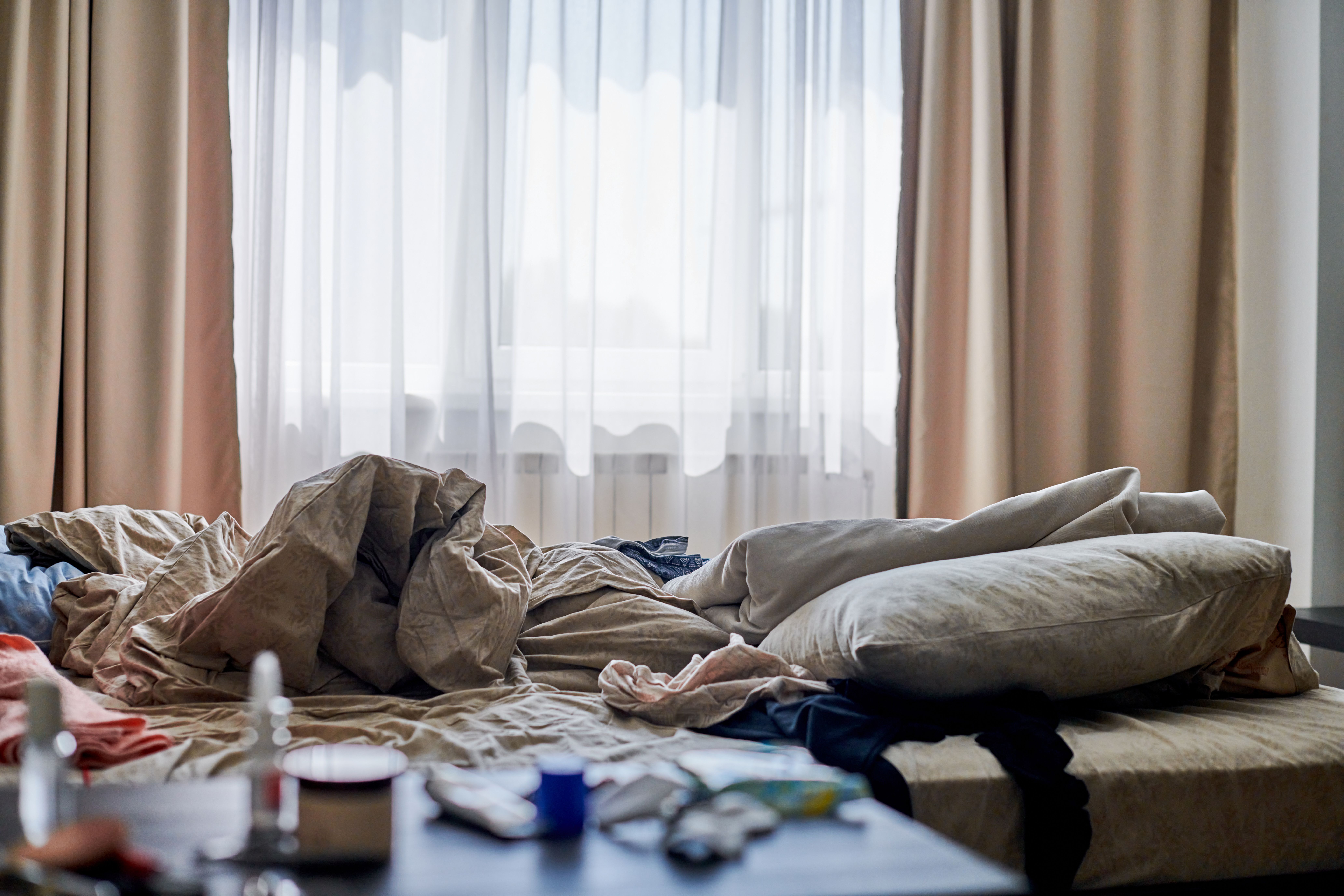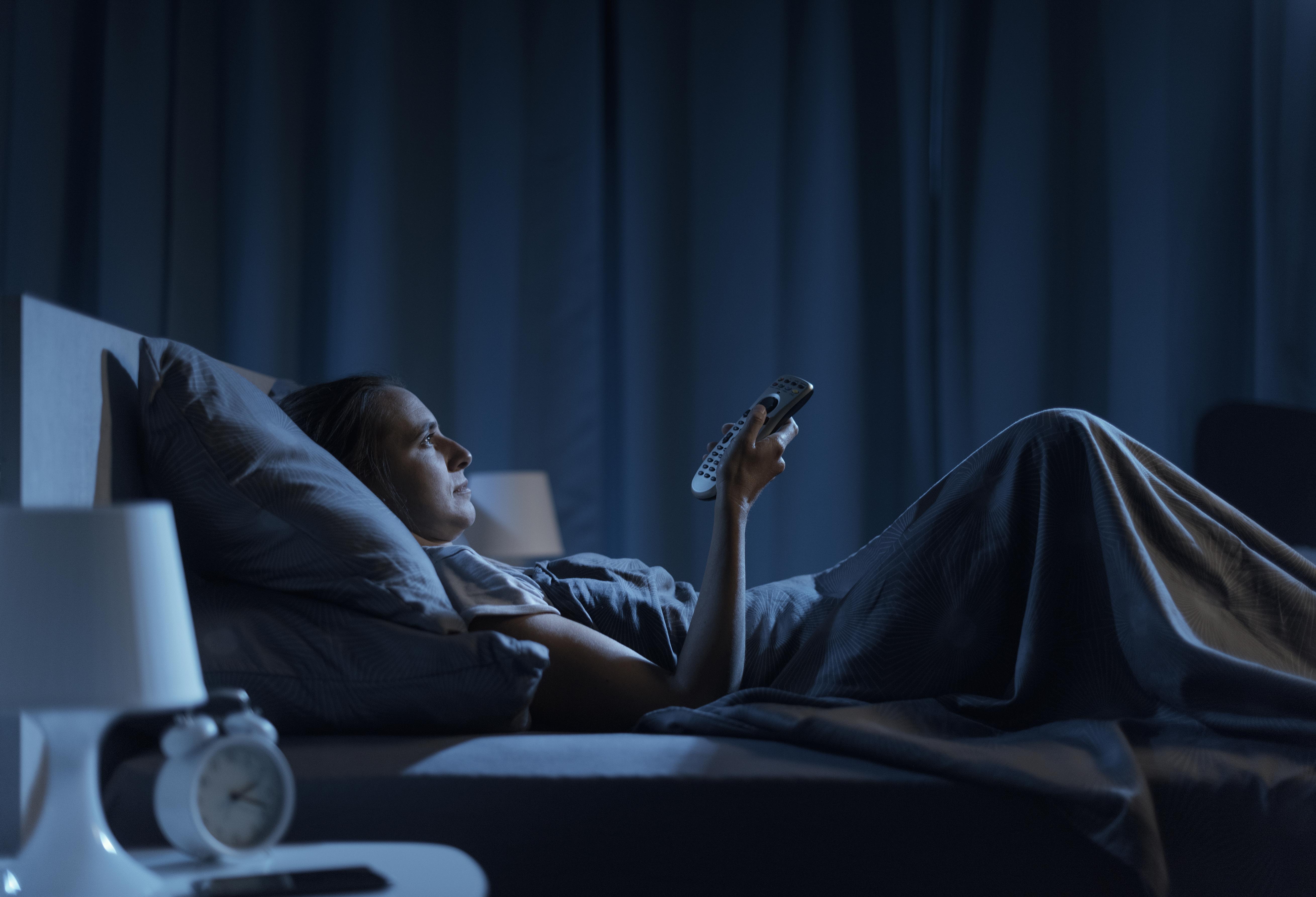How Your Bedroom Might Be Ruining Your Sleep
In our fast-paced world, a good night's sleep is often elusive, yet it remains crucial for our overall well-being. While many factors can disrupt sleep, such as stress or diet, the environment where we rest plays a pivotal role. Often overlooked, our bedrooms might be the secret culprits sabotaging the peaceful slumber we crave. From lighting to technology, and even the color of our walls, numerous subtle elements can interfere with our ability to unwind and rejuvenate. This article delves into 10 sneaky ways your bedroom could be undermining your sleep, offering insights and solutions to transform your space into a sleep sanctuary.
1. The Overlooked Impact of Lighting
Lighting is a fundamental aspect of any room, but its influence on sleep is often underestimated. Exposure to artificial light, particularly blue light from screens, can disrupt our circadian rhythms, making it harder to fall asleep. Even the brightness of your bedside lamp can affect melatonin production, the hormone responsible for regulating sleep. Consider using dimmable lights or warm-toned bulbs to create a soothing atmosphere. Blackout curtains can also be invaluable in blocking out external light sources, ensuring your bedroom remains a haven of darkness conducive to restful sleep.
2. The Clutter Conundrum

A cluttered bedroom can lead to a cluttered mind, making it difficult to relax and drift into sleep. The presence of disorganized items creates a visual reminder of tasks yet to be completed, increasing stress and anxiety levels. To combat this, adopt a minimalist approach by decluttering regularly and ensuring everything has its place. Incorporate storage solutions that keep your space tidy and serene. By maintaining an organized environment, you can foster a sense of calm that encourages a more restful night's sleep.
